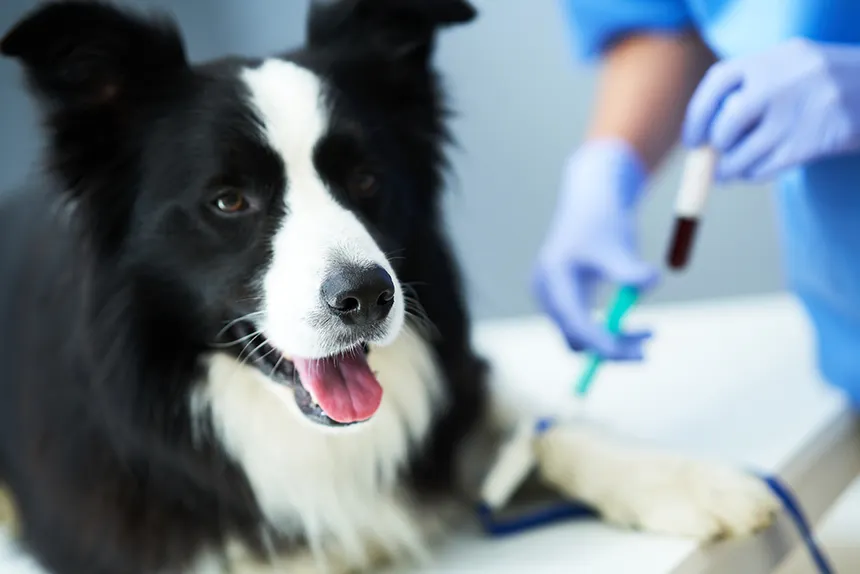Do Dogs Have Blood Types? What Every Dog Owner Should Know

Most people know that humans have different blood types, like A, B, AB, and O. But did you know that dogs also have blood types—and quite a few of them? While this fact may not come up during your usual vet visit, it’s critically important in situations involving surgery, trauma, or transfusion. Understanding canine blood types can help save lives.
Do Dogs Really Have Blood Types?
Yes, dogs do have blood types. However, instead of the human A/B/O system, dogs have their own classification system called DEA, which stands for Dog Erythrocyte Antigen.
There are more than a dozen recognized dog blood types, but the most clinically significant are within the DEA 1 system.
The Main Dog Blood Types:
The primary blood types in dogs are grouped by their DEA system, with the most common and relevant being:
- DEA 1.1 Negative
- DEA 1.1 Positive
- DEA 1.2, DEA 3, DEA 4, DEA 5, DEA 7, etc.
The most important type in blood transfusions is DEA 1.1, because:
- DEA 1.1-negative dogs are considered universal donors, as their blood is less likely to cause reactions in recipients.
- DEA 1.1-positive dogs can only donate to other positive dogs.
Why Dog Blood Type Matters:
Blood type is crucial when a dog needs a transfusion due to:
- Severe injury
- Surgery
- Anemia or disease
First transfusions are often safe even without a match because dogs don’t naturally carry antibodies against other blood types. However, if a second transfusion is needed, mismatched blood can cause life-threatening reactions.
This is why cross-matching and blood typing are necessary for repeat transfusions.
How Is a Dog’s Blood Type Determined?
Vets can determine a dog’s blood type using:
- In-clinic blood typing kits
- Specialized laboratory testing
- Cross-matching tests to ensure compatibility before a transfusion
Some dog breeds have a higher likelihood of being a specific blood type. For instance:
- Greyhounds, Boxers, and German Shepherds are often DEA 1.1-negative, making them good donors.

Can Dogs Donate Blood?
Yes, many healthy dogs can become volunteer blood donors at animal hospitals or veterinary blood banks. Ideal donor dogs:
- Weigh more than 25 kg (55 lbs)
- Are between 1–7 years old
- Are calm, healthy, vaccinated, and free of disease
- Are preferably DEA 1.1-negative
Some vet clinics keep a list of blood donor dogs for emergencies.
Dog Blood Banks and Transfusions
Many regions now have canine blood banks. These banks store blood products such as:
- Whole blood
- Packed red blood cells
- Plasma
Just like in human medicine, these resources are critical in treating trauma, poisoning, or disease-related blood loss.
Conclusion: Blood Type Can Save Lives
Though lesser known, your dog’s blood type is a vital piece of health information. In emergency situations, knowing your dog’s blood type—or ensuring your dog is tested—can help vets provide safe, life-saving care.
Understanding canine blood types also opens the door to volunteer blood donation, a heroic way for dogs to help one another. It’s a fascinating and important topic that could one day make a life-or-death difference.




